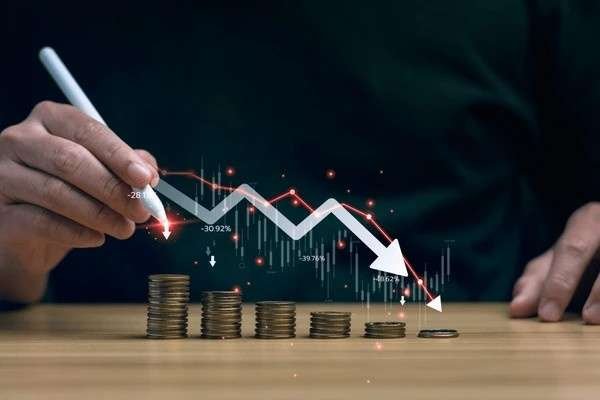Cheap money refers to a situation where borrowing costs, such as interest rates, are low. This term is often used in the context of monetary policy and economics to describe an environment where credit is readily available at low interest rates, encouraging borrowing and investment.
Table of Contents
Explaining the Concept of Cheap Money
1. Definition and Significance
- Definition: Cheap money refers to the availability of credit at low interest rates, making borrowing cheaper for businesses and individuals.
- Significance:
- Stimulates Economic Growth: Low borrowing costs encourage businesses to expand operations and invest in new projects.
- Boosts Consumer Spending: Lower interest rates on loans for consumers can increase spending on big-ticket items like homes and cars.
2. Effects of Cheap Money
Economic Stimulus:
- Investment: Companies can borrow at lower costs to fund expansions, research, and development.
- Employment: Increased investment can lead to job creation as businesses grow.
Consumer Behavior:
- Affordability: Lower interest rates on mortgages and loans make big purchases more affordable for consumers.
- Debt Levels: Consumers may take on more debt during periods of cheap money, which can affect personal finances long-term.
3. Examples of Cheap Money in Practice
Central Bank Policies:
- Quantitative Easing: Central banks buy financial assets to increase money supply and lower interest rates.
- Interest Rate Cuts: Decreasing benchmark rates to stimulate borrowing and economic activity.
Historical Context:
- Post-2008 Financial Crisis: Many central banks adopted cheap money policies to stimulate economies recovering from recession.
- COVID-19 Pandemic: Further lowering of interest rates and stimulus measures to mitigate economic impacts.
4. Key Features of Cheap Money
Policy Tools:
- Monetary Policy: Central banks use interest rate adjustments and quantitative easing to influence borrowing costs.
- Impact on Exchange Rates: Cheap money policies can affect currency values in global markets.
Risk and Reward:
- Inflation Concerns: Persistent low rates may lead to inflationary pressures over time.
- Financial Stability: Excessive debt accumulation can pose risks to financial stability during economic downturns.
5. Challenges and Considerations
Economic Balance:
- Long-Term Implications: Balancing economic stimulus with inflation control and financial stability.
- Savings and Investments: Low interest rates may discourage savings and affect investment returns.
6. Conclusion
Cheap money plays a pivotal role in shaping economic conditions by influencing borrowing costs and stimulating growth. Understanding its impact on businesses, consumers, and overall economic health is crucial for policymakers, investors, and individuals alike. While it can foster economic expansion and increase affordability in the short term, careful management and consideration of its long-term effects are essential to maintain sustainable economic growth and stability. By monitoring interest rate policies and economic indicators, stakeholders can navigate the opportunities and challenges presented by periods of cheap money effectively.





